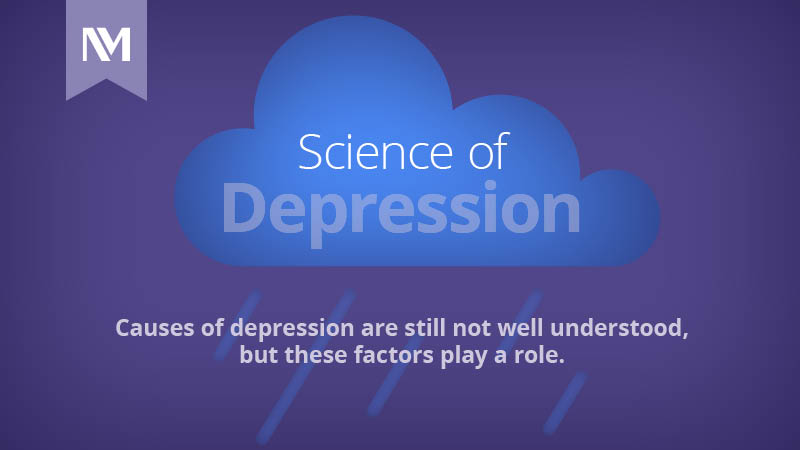Depression
Depression
Cardiovascular patients are at an increased risk of developing symptoms of depression, which can occur following a cardiovascular diagnosis, event or surgery. Although sadness and negative emotions are a healthy reaction to a cardiac or vascular event, some patients will experience a prolonged period of sadness or distress that may last several days or weeks. This prolonged reaction, when combined with changes in other areas of functioning (such as sleep, appetite, motivation, concentration or interest in usual activities) may represent clinical depression.
Clinical depression is important to identify and treat because it is associated with a poorer health prognosis in cardiac patients. It may increase the risk of future cardiac and vascular events, hospitalizations and even death. Depressed cardiovascular patients also have more difficulty taking their medications as prescribed, moderating their alcohol consumption, engaging in physical activity and quitting smoking.
These unhealthy lifestyle behaviors, along with the physiological and cardiovascular changes that occur inside the body during depression, place depressed cardiac patients at increased risk for future cardiac and vascular problems. Furthermore, the presence of depression in heart-healthy individuals increases their risk of developing coronary artery and vascular disease in future years.
Symptoms
If you notice four or more of these symptoms in yourself or a loved one for two weeks or more, please speak to a doctor about being evaluated for clinical depression:
- Sadness or feeling "down in the dumps"
- Decreased interest in activities or social interactions that were previously enjoyable
- Tearfulness
- Irritability
- Feelings of guilt
- Decreased motivation
- Fatigue or decreased energy
- Hopelessness
- Diminished concentration, attention or memory
- Change in sleep
- Change in appetite
- Thoughts about death or dying
There are effective treatments for depression in cardiac and vascular patients that include stress management techniques, individual psychotherapy, support groups and medication. The most appropriate intervention depends on an individual's symptoms, lifestyle and preferences.
Tips for treating depression
To improve your mood and prevent or minimize symptoms of depression, try the following:
- Exercise: Physical activity has been found to be as effective as antidepressant medication for the treatment of depression.
- Create a consistent sleep schedule.
- Upon waking each morning, be sure to make the bed, open the blinds and get dressed, even if you have no plans for the day.
- Laugh more: Laughter releases chemicals that can improve mood.
- Expose yourself to more sunlight during the day.
- Push yourself to make plans even when you feel like it involves too much effort or motivation.
- Avoid alcohol, which can increase depressed mood.
- Identify supportive friends and family and reach out to them.
- Identify the stress in your life and practice healthy stress reduction techniques.
- Plan enjoyable activities for yourself.
- Seek spiritual or religious support.
- Seek counseling or professional assistance for further help with depressive symptoms or adjustment to a cardiac or vascular event.



